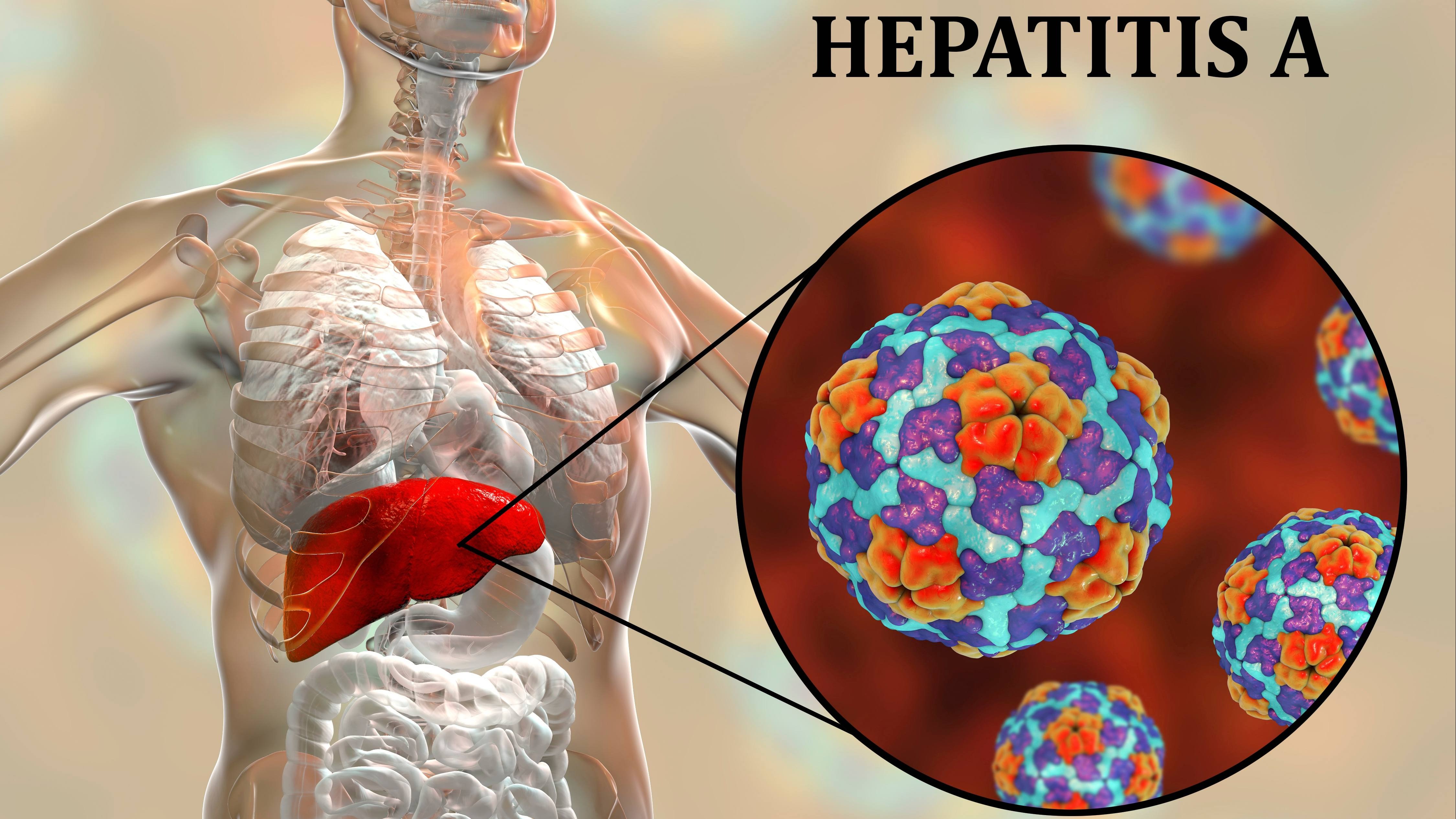
Drinking water often gets contaminated due to sewage during the monsoon season, increasing the risk of diseases spread through food and water such as hepatitis A, typhoid and cholera. Hepatitis A, also commonly known as jaundice, is a liver infection. Although it is considered a common infection in children, which occurs due to consumption of contaminated food or water, but sometimes it also causes serious problems (Liver Damage) in adolescents and adults. Let us know from the doctor 3 facts related to hepatitis A which can help you protect yourself from this disease.

1) Jaundice is a symptom, Hepatitis A is a disease.
Hepatitis A is a viral infection that causes inflammation in the liver . This inflammation causes irregularities in the liver function and increases a compound called bilirubin in the blood. Increased levels of bilirubin cause yellowing of the skin, nails and eyes, which is called jaundice. Apart from jaundice, other symptoms such as fever, loss of appetite, nausea and vomiting are also seen due to liver inflammation. It can take from a few weeks to two months to recover completely from hepatitis A. Due to this infection, children may stop going to school during that time, which is no less than a pressure for working parents. In this case, it is important to know that jaundice can be a symptom of not only hepatitis A but also any other liver-related disease.
2) The risk and severity of hepatitis A increases with age.
Due to cleanliness, cases of hepatitis A infection in children have reduced. However, this means that now most children are reaching adolescence without being affected by this virus, that is, they do not have immunity against this virus. Due to this reason, cases of hepatitis A are increasing more in adolescents and adults. In these, sometimes this infection can cause very serious inflammatory reactions and in some cases even acute liver failure. In some cases, this disease can also be fatal. Statistics show that the seroprevalence of hepatitis A is decreasing in urban children under five years of age in India, that is, these children have not had to face the virus. This also means that adolescents and adults are more likely to get serious infection of this disease. According to a study published in the Indian Journal of Medical Research, about 70 percent of adults in India have seropositivity for hepatitis A. This figure also indicates the risk of serious infection in non-immune people.
3) Hepatitis A vaccine reduces the risk of infection.
Globally, hepatitis A vaccination has reduced the prevalence of the disease in children by 79 per cent. The vaccine has been available in India for the past 25 years. The vaccine is usually given as two doses at six-month intervals, with the first dose given at 12 months of age. However, the vaccination schedule may vary, so it is advisable to consult your pediatrician. Vaccination can protect children from hepatitis A. It builds immunity in them that lasts through adolescence and adulthood. It also reduces the risk of developing serious infections later in life. A study published in the Journal of Tropical Pediatrics found that adding hepatitis A vaccine to the national immunization program in India could significantly reduce the burden of the disease, especially in high-risk populations.
To protect our children from Hepatitis A, we should get them vaccinated. Also, we should keep our surroundings clean. If we do both these things, we can keep this disease away from the country.
--Advertisement--

 Share
Share



